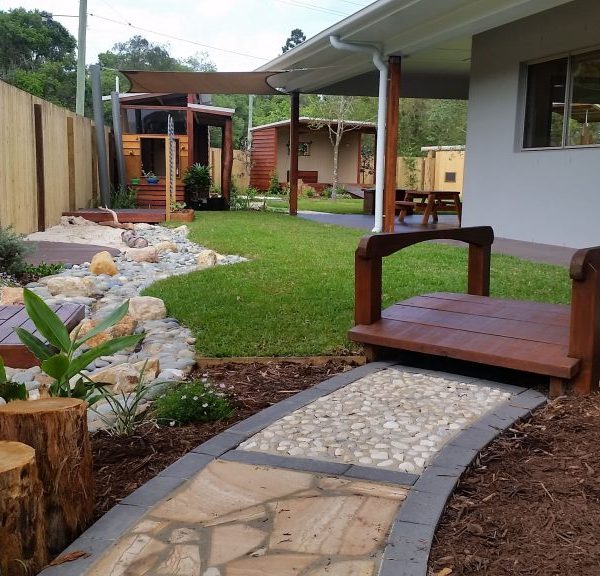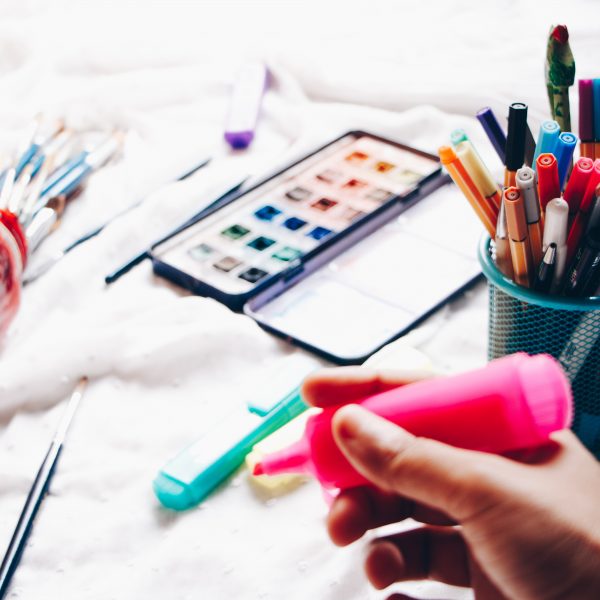Guardian Caringbah sustainability champions share their tips

Sophie and Jess, ‘sustainability champions’ at Guardian Childcare and Early Learning Caringbah have managed to reduce the amount of energy used by the centre by 17 per cent in a three month period, through ‘simple techniques and practices’ which may be replicable across the broader early childhood education and care (ECEC) sector.
The three initiatives which brought about the most change were;
- Using airing racks as opposed to electric dryers to dry tea towels, face washers, bibs and other small items as well as sheets when possible.
- Using natural light during the day and switching off the classroom lights.
- Reviewing air conditioning usage and having a consultation with an air conditioning maintenance team. As a result the team found an optimal usage for the centre and applied some limits, such as locking temperatures and only operating at certain times of the day
Another sustainability tip given by Sophie and Jess relates to worm farms.
“One of our hacks that has helped the worm farms thrive is sharing them between rooms. For example, when the nursery worms multiplied threefold, some were shared to the toddler and preschool worm farms to boost their populations. It helped a lot!”
Speaking about keeping indoor plants alive, the pair reminded others that many indoor plants really need to dry out between watering – sometimes for up to three weeks and that overwatering can be as dangerous for their survival as underwatering.
Play doh has been replaced by a more sustainable choice of clay, which “can be reused over and over again and comes from a much more sustainable source.”
“When considering the swap, we found that many of our Educators had little knowledge about clay, so we downloaded some clay guidelines and shared them with our teams” the sustainability champions said.
They were supported in the change by their centre manager, who had previous training in working with clay, and who also ran a clay project over the course of a few weeks in the nursery space, modelling good clay practices and sharing her knowledge with educators and children in that space.
Speaking about the changes made, the duo said that their excitement had permeated across the centre, saying the blossoming gardens are a huge source of satisfaction and excitement for the children and the educators who have been involved in planting and caring for them.
Families have donated seeds and plants to add to the garden, and the centre offers gardening activities on family celebration days, so visiting parents and other family members can get their hands dirty in the garden.
Vegetables, herbs and flowers from the garden have been sent home with children and families have donated containers, architectural drawings, paper, old spoons, toys, clothing, towels, and kitchen utensils in return.
Rather than purchasing new resources for the centre, educators are conscious to seek help from families, asking for relevant donations.
The sustainability measures have been discussed extensively with the children, with both Jess and Sophie saying there have been “lots of conversations” around fixing things rather than throwing them away.
“We’ve modelled and involved children in repairing books for our Book Corner on a regular basis, and invested in proper wood glue and other tools to help us maintain tables, chairs, and classroom toys and resources.”
“We’re trying to teach children the mindset of keeping and repairing things, as opposed to creating a culture of disposal and consumption. Ongoing reflection keeps us focused on where we can continue to change, grow and approach these topics with the children” they added.
















